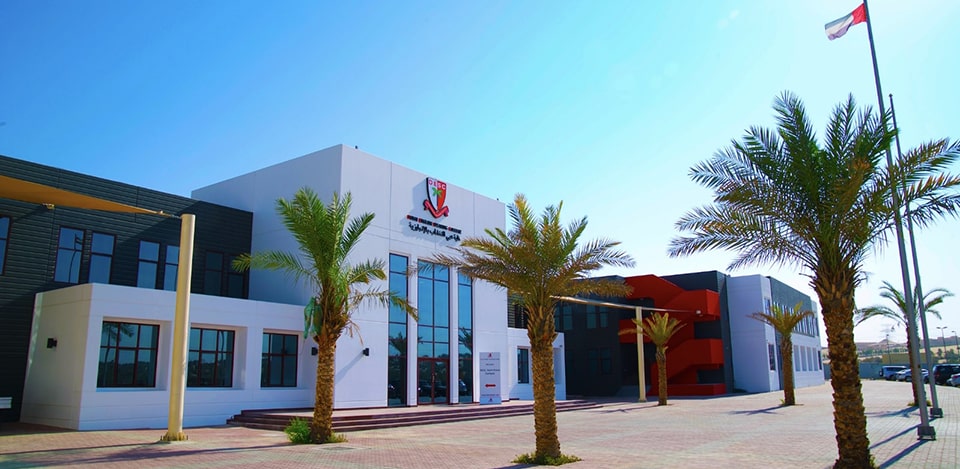Music
Music is a subject within the Performing Arts Faculty that allows students to undertake a wide range of musical performances both inside the classroom and through a number of extra-curricular opportunities. Music focuses on the three key elements: Listening, Performing and Appraising. These strands are taught throughout the scheme of work and are assessed periodically in a variety of ways
Key Stage 3
In Music at Key Stage 3 the programme of study follows three key strands: Performing, Composing and Appraising and through these students explore a variety of topics. In Year 7 students learn about Rhythm, The Instruments of the Orchestra, Form and Structure and World Music. In Year 8 the students explore and experiment with Scales and Atmospheric Music, The Blues, Rap and Melody Writing and a World Music Topic. In Year 9 the students compose a Theme and Variations style composition, examine Music in the Media and Film Music and make their own arrangements of popular songs
Key Stage 4
In Music at Key Stage 4 the same three strands of Performing, Composing and Listening and Appraising are covered and currently follows the new Edexcel specification. Students are formally assessed on all three areas of the course. The students performing is assessed on both a solo and an ensemble piece and throughout the course students have the opportunity to perform to different audiences both inside and outside of the school environment. Students are also given small composition projects to explore and eventually write two pieces of contrasting music. The final 1 hour 45 minute written examination consists of a series of listening questions based around set works that have been covered in class which explore a diverse range of genres and styles
Key Stage 5
The course at Key Stage 5 for Music is very similar to that of the GCSE Music course and still covers the same three components: Performing, Composing and Listening and Appraising. The students perform in a recital venue and throughout the course have opportunities to take up a variety of performance practice sessions in order to gain a true understanding of public performance. These opportunities may take place in school or at masterclasses, often held at the recently opened Dubai Opera House. Students also have the flexibility to compose for ensembles of their own choosing as well as one piece from a specified brief or technique. Often this will be through the exploration of the Chorale and the harmony of J.S. Bach. As part of the Edexcel specification students get the opportunity to study a plethora of musical styles, cultures and composers through listening and examining scores. Therefore, the student gains an insight into key techniques and the elements that are used within each piece.
This year we have also launched a second vocational course, MUSPRA (Music Practitioner). Students can follow any pathway within Performing, Composing, Music Technology and Music Business. The range of available units allows you to specialise in a specific area of study or undertake units in a range of disciplines to broaden your skillset. Examples of units available are: Composing for Interactive Media, Listening to Music, Music Stage Management, Composing for Adverts & TV, Session Musician, Live Sound Recording and many more.
Instrumental
Students also have the option to have paid instrumental lessons as part of their weekly timetable with our exceptional team of peripatetic teachers. Collectively they have played across five continents, recorded for television and radio and taught or studied in some of the best universities in Europe. We also enter students for Trinity, ABRSM and Rock and Pop music examinations, receiving exceptional results every year.

